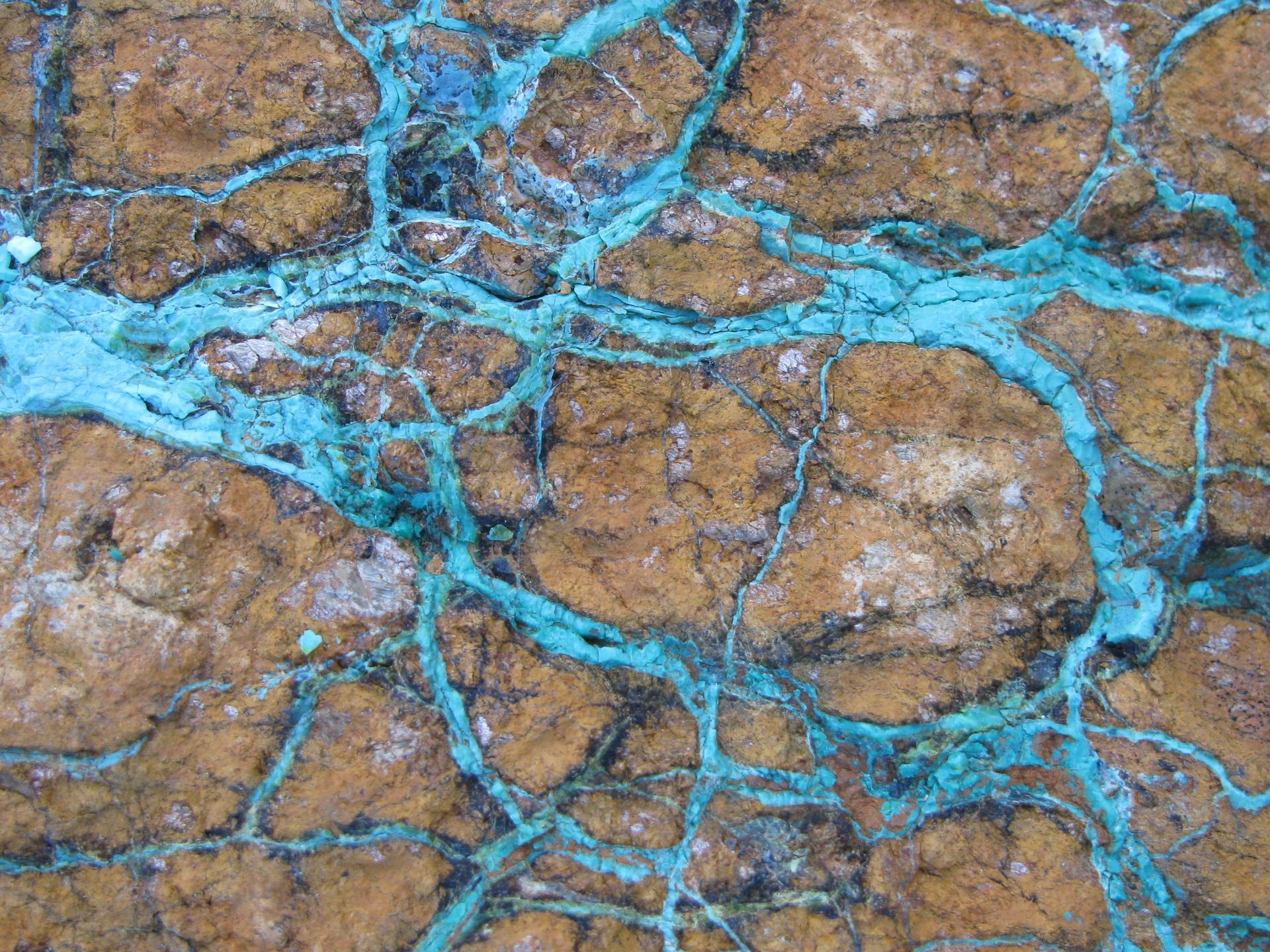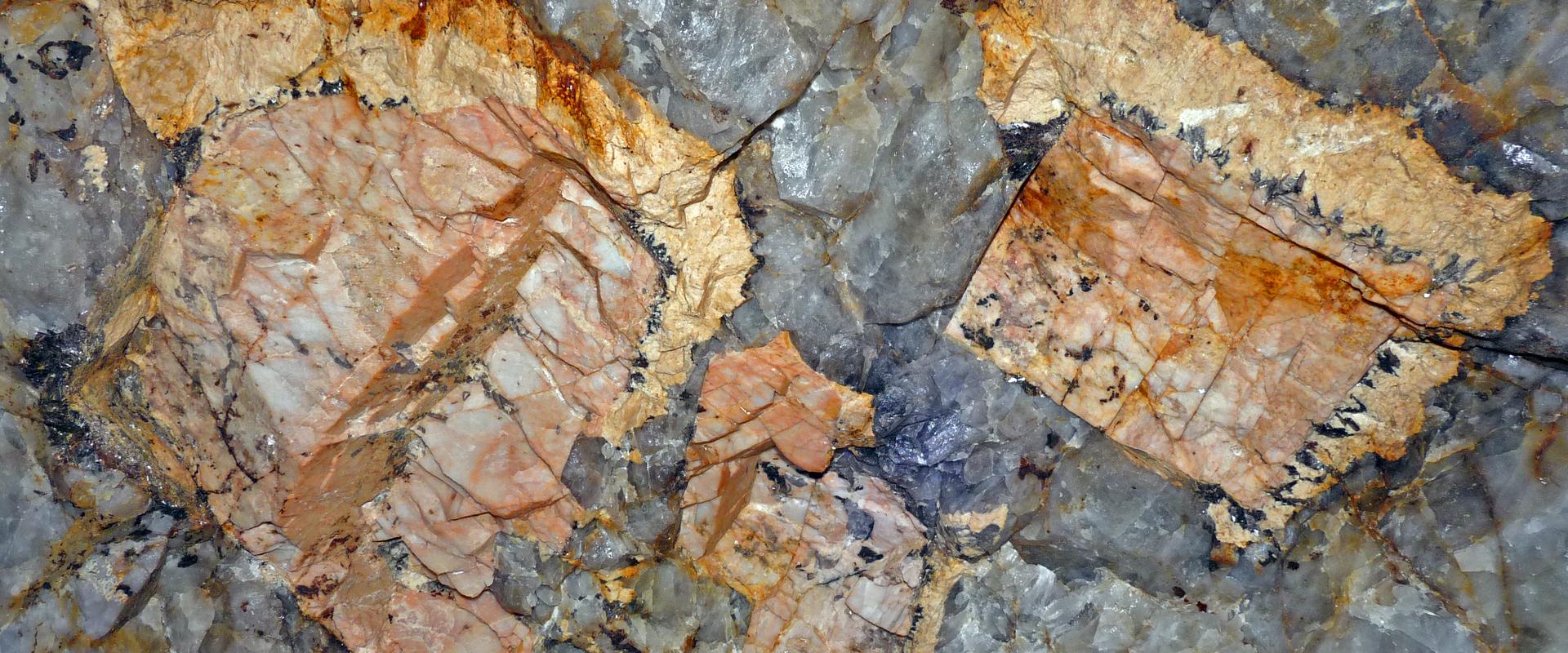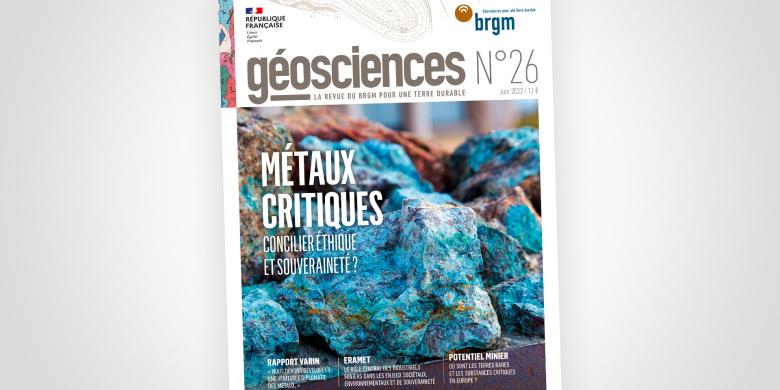Philippe Varin
Philippe Varin worked in the aluminium industry for 25 years with Pechiney, in the steel industry for six years as CEO of Corus, in the car industry for six years with PSA, and in the nuclear industry for six years, before becoming Chair of France Industrie, and Chair of Suez from 2020 to 2022.
He was commissioned by the Ministries of Ecological Transition and Industry to produce a report on securing supplies of mineral raw materials for French industry during the energy transition. Submitted in January 2022, the report sets out four recommendations.
For Géosciences, this expert in mining and processing, who also has a knowledge of how metals are used in industry, describes the geopolitical context of the energy transition.
We extract 100 billion tonnes of material from our planet every year, an average of 13 tonnes per capita. For each European, this represents 20 tonnes per year, directly or indirectly. Over the next 30 years, we will extract as much again as we have since the dawn of humanity!
We can also expect to see changes in the geopolitical landscape. The oil and gas triangle – Saudi Arabia, Russia and the United States – has ruled the world for forty years. A monopoly that will gradually pave the way for a new bipolar world order headed by two main blocs – the United States and China – both major users of energy transition metals. Hence the issue of Australian mines. But not just that. In Africa and elsewhere, China now controls 40% of the value chains of the metals required to make batteries. This change in the geopolitical landscape is extremely important and will lead to fresh pressure on metals.
Particularly as the consumption of transition metals is set to explode: demand is expected to double for copper and to triple for nickel by 2030. At the same time, the consumption of lithium and rare earths is set to quadruple. This situation will expose us to supply issues. This is a major challenge for Europe. By 2030, it will need to import between 70 and 80% of its transition metals – nickel, cobalt and lithium – as well as its supplies of rare earths and other less critical and less new metals such as aluminium, manganese and copper.

Over the next 30 years, we will extract as much material again as we have since the dawn of humanity!
In the light of this situation, the Ministers of Ecological Transition and Industry tasked me in September 2021 with producing a report on securing supplies of mineral raw materials for industry during the ecological transition. The objective was to assess the level of supply security of metals for French manufacturers, to evaluate their needs and to suggest government organisation and support measures to boost the resilience of business. My work focused primarily on the battery and magnet value chains. To this end, I made four main recommendations.
First, securing metal supplies. This is a new concept for vehicle manufacturers who will have to sign10-year commitments with mining operators for the supply of metals. It will then be up to the various players in the battery value chain to invest in the refining of metals, the manufacture of cathode precursors and the manufacture of anodes. From the outset, it will be necessary to develop a recycling industry able to feed secondary raw materials back into the primary manufacturing system. We need to develop a real metals diplomacy. France is very well placed in this field, particularly in Africa. This diplomacy would be part of a partnership approach with resource-rich countries, where we could develop responsible mining activities, thereby setting ourselves apart from some of the other players in these same countries.
The second recommendation concerns the need to locate the above stages in France. For batteries, I suggest taking advantage of the potential offered by the high-quality industrial base in Dunkirk. First, because of the three gigafactories in the vicinity and second, because of the exceptional logistics facilities offered by the port. Concerning magnets, given that there is little or no production in Europe, we must take the opportunity to recycle what we already have. The recycling of end-of-life manufactured products could meet 20% of Europe's needs. At the same time, we will have the R&D input from research players, both upstream (CEA, CNRS) and downstream, with those in charge of the gigafactories. In the longer term, we need to be able to develop a full range of improvements in lithium-ion technologies and also – potentially – alternative technologies. To this end, extensive research is currently under way on batteries that do not require critical metals.
The European Union should include critical metal mines in its taxonomy. This is my third recommendation. However, to be considered as green technologies by investors, mines must comply with a number of regulations, including the use of decarbonised electricity and a guarantee that their products are mined responsibly. Europe must provide a detailed definition of an environmentally or ethically responsible mine, and create a label of certification. This is also an essential argument for developing new partnerships with resource-rich countries.
Finally, the governance of these projects in France must be strengthened: firstly, by appointing an interministerial representative to coordinate government action. Secondly, and this is extremely important, by tasking BRGM with setting up an observatory of critical metals, in close liaison with the strategic committee of the Mines and Metals sector. This observatory will track the criticality of materials for government and industry.
The government supports these recommendations and is taking steps to implement them. One billion euros has been allocated for this purpose, including 500 million for a call for business projects and 500 million in equity capital. The report and its conclusions were submitted before the crisis in Ukraine. A crisis that calls into question our governance and our sovereignty in the field of metals. The original topic of frugal resource consumption has taken on greater importance in the light of the extensive infrastructure required for the energy transition, and now the absolute need for self-reliance in the face of geopolitical tensions.
Geosciences no. 26: Critical metals, can ethics and sovereignty be reconciled?
Issue 26 of the Géosciences journal, published in June 2022, focuses on the topic of critical metals.
The energy transition towards carbon-free production reveals more than ever how dependant our technologies are on an increasing amount and variety of metals. Will we be able to meet all the needs for mineral raw materials in the coming decades? How can we secure our supplies given that the last mines in France closed at the end of the last century?
BRGM, France's leading public player in the field of mineral resources, has devoted this issue of its journal, Géosciences, to answering these questions and many others.
This issue, which includes an article by Philippe Varin, author of the recent report on securing the supply of mineral raw materials to industry, and an interview with Christel Bories, CEO of Eramet, discussing the place of metals in our daily lives, takes stock of European mining potential and reviews the state of recycling in France and the prospects for innovation in this field.









